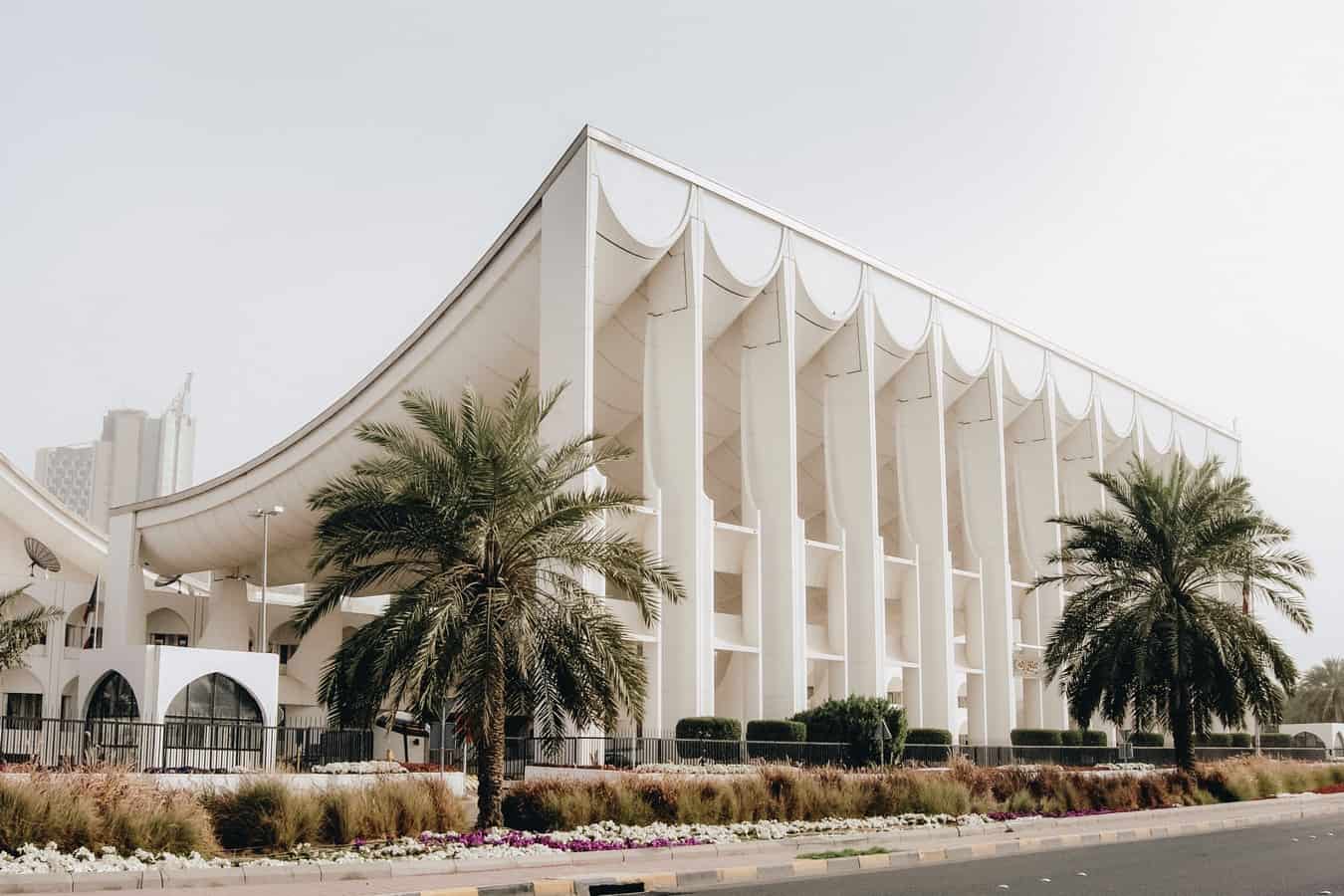Kuwait City, Kuwait — At least 31 Kuwaitis have filed candidacy papers for Kuwait’s National Assembly election set to take place on June 6.
The candidates presented their documents to the election affairs department affiliated with the Ministry of Interior on Saturday, bringing the total number of candidates to 61, including one female candidate, after the second day of receiving applications.
The deadline for submitting applications is May 14. The documents included five candidates in the first constituency, nine in the second, one in the third, six in the fourth, and ten in the fifth.
Kuwait’s parliament was dissolved on May 1 this year by royal decree, and the legislature. A new legislature will be formed after fresh parliamentary elections, according to Kuwait’s Crown Prince Sheikh Meshal Al-Ahmad Al-Jaber Al-Sabah.
The Gulf Arab state, a member of the Organization of the Petroleum Exporting Countries (OPEC), has seen prolonged bickering between the government and the elected parliament that has hampered fiscal reforms.
Kuwait does not permit political parties but has granted its legislature more influence than comparable bodies in other Gulf states. Political stability in the country traditionally relies on cooperation between the government and parliament.
Infighting and political gridlock have hindered investment and reforms aimed at reducing the country’s heavy reliance on oil revenues.








